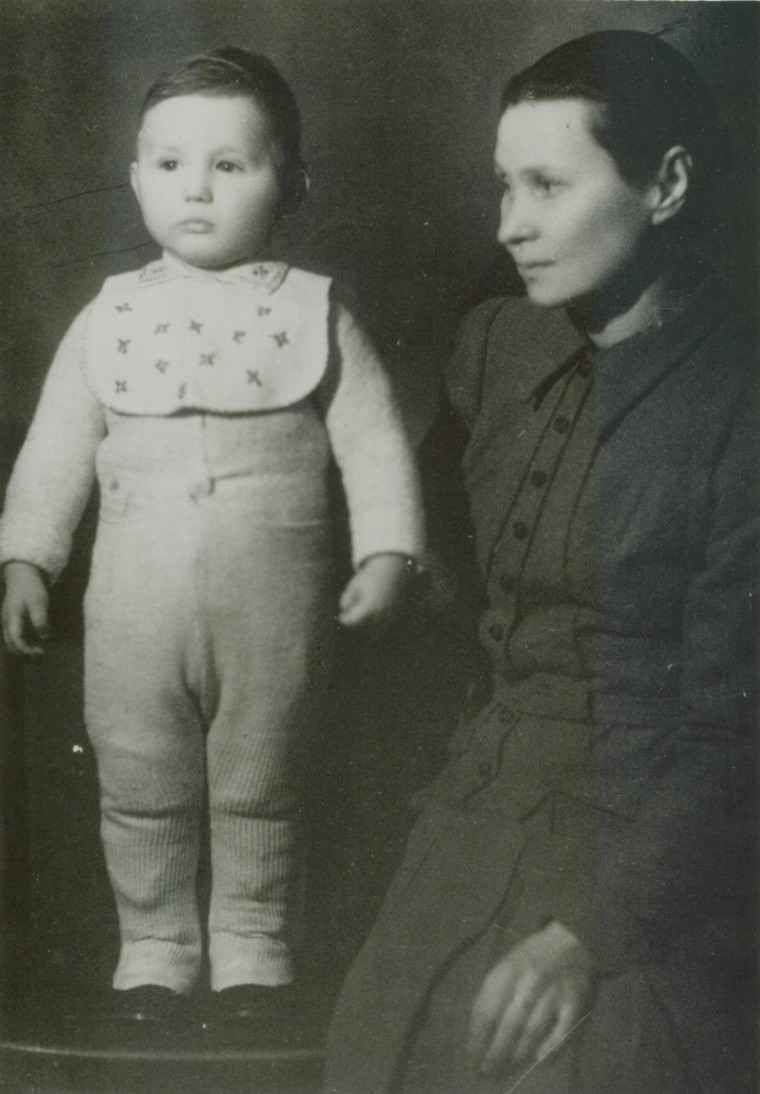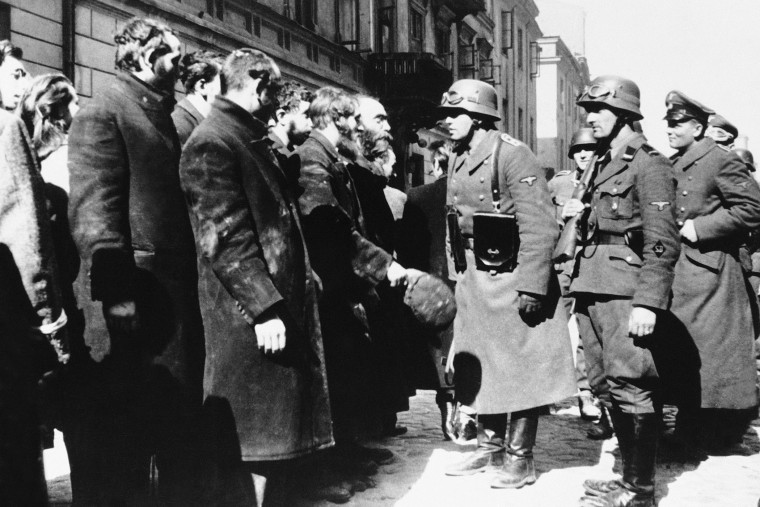FBI Director James Comey opened an old historical wound last week when he delivered a speech at the U.S. Holocaust Memorial Museum referring to the “murderers and accomplices of Germany, and Poland, and Hungary, and so many, many other places” during World War II. The president of Poland, Bronislaw Komorowski, called Mr. Comey’s remarks “an insult to thousands of Poles who helped Jews.”
The people of Poland, which had by far the most rescuers of Jews during the Holocaust, are not unjustified in their sensitivity. But neither was Mr. Comey saying anything new, or untrue. While the FBI director could have been clearer in the way he expressed his point, President Komorowski protests too much.
It is a well-established historical fact that the Holocaust was not merely a story of German perpetrators, but also accomplices in most countries of Europe. Polish accomplices were not necessarily the most egregious (other countries such as Ukraine, Croatia, and the three Baltic States compete for that dishonor), but they were real. Claude Lanzmann’s groundbreaking 1985 documentary, “The Shoah” dissected this phenomenon, as did Jan T. Gross’s 2001 book, “Neighbors,” on the murder of Jews by Poles in the town of Jedwabne.

Yet, there are fundamental distinctions between the Germans and others. And many people – particularly Poles – often risked their lives to save Jews, including the Polish Catholic woman who saved my own life when I was a boy.
Polish sensitivities are valid as far as they go. Too often over the years, I’ve had to respond to articles or statements about the Holocaust which referred to the “Polish concentration camps.” In fact, the vast majority of the camps were in Poland because that’s where the Jews were, but they were German camps, not Polish. Indeed, Poland was the first victim of Nazi aggression, and it is understandable that they deeply resent the notion that they were responsible for the camps.
The truth about anti-Semitism in Poland is also complicated. While anti-Semitism was indeed a European phenomenon for a thousand years, and while Poland was particularly susceptible to it in the years leading up to World War II, one needs to ask the question: Why were three million Jews living in Poland on the eve of the war? The answer is that, several hundred years earlier, when Jews were expelled from many west European countries, they found a home in Poland. Life was not ideal, and anti-Semitism existed, but Jewish communities could survive and even flourish there over hundreds of years.
Still, the history of 20th century Poland is replete with sorry tales about Jews.
Even before the Holocaust, Polish governments instituted discriminatory laws against Jews in universities and businesses. And there was anti-Semitic violence.
Lanzmann shows in his documentary how many Poles knew exactly what was going on at the Nazi concentration camp Auschwitz during the war and did not care, and even were eager to seize Jewish properties.
And after the war, when the remnant of Jews returned, there was a terrible pogrom in Kielce. Even today, there are continuing manifestations of anti-Semitism.
The Anti-Defamation League’s Global 100 Survey of anti-Semitic attitudes last year found that 45% of Poles harbor anti-Semitic attitudes, an astounding figure considering what happened to the Jews of Poland.
So, all in all, Poles have a right to set the record straight about their history when it is distorted or conflated with that of the Nazis and Germany. But Mr. Comey was not wrong in what was his essential message: As evil as the Nazis were, their phantasmagoric mission to destroy the Jewish people was made much easier because the public in most European countries, Poland included, too often acted as bystanders and sometimes even as accomplices.
Abraham H. Foxman is National Director of the Anti-Defamation League and a Holocaust survivor from Poland.
